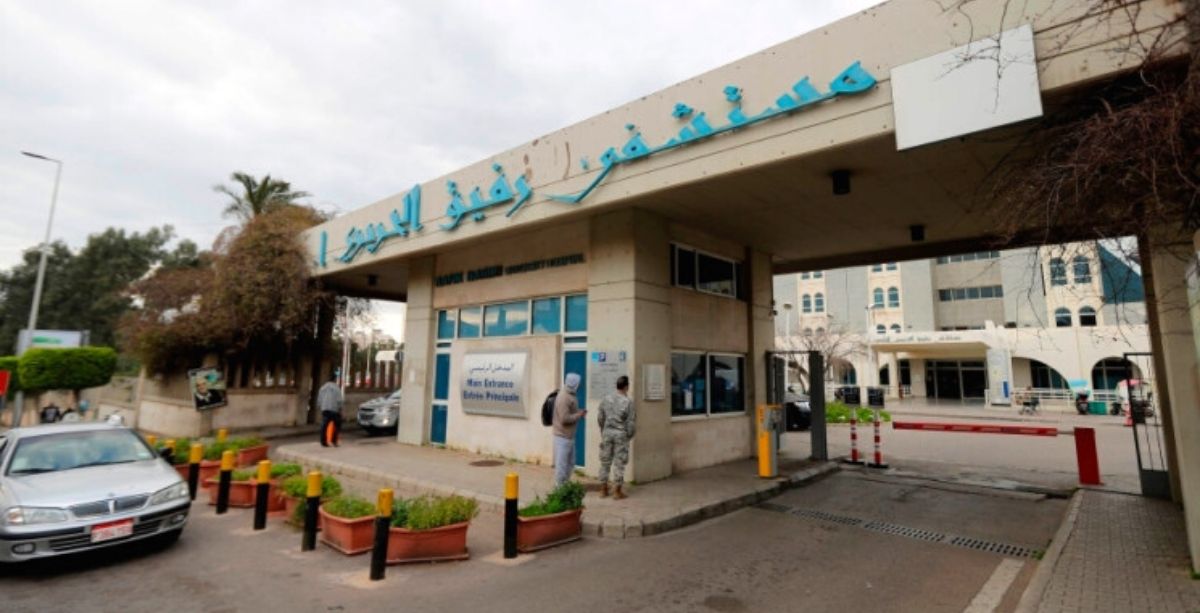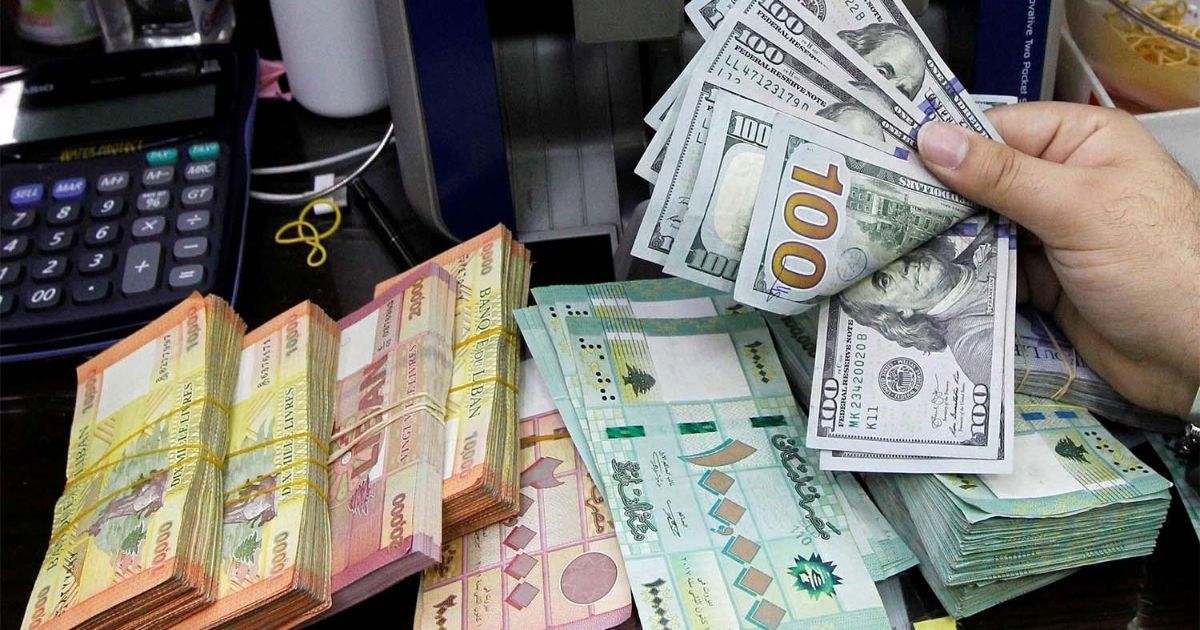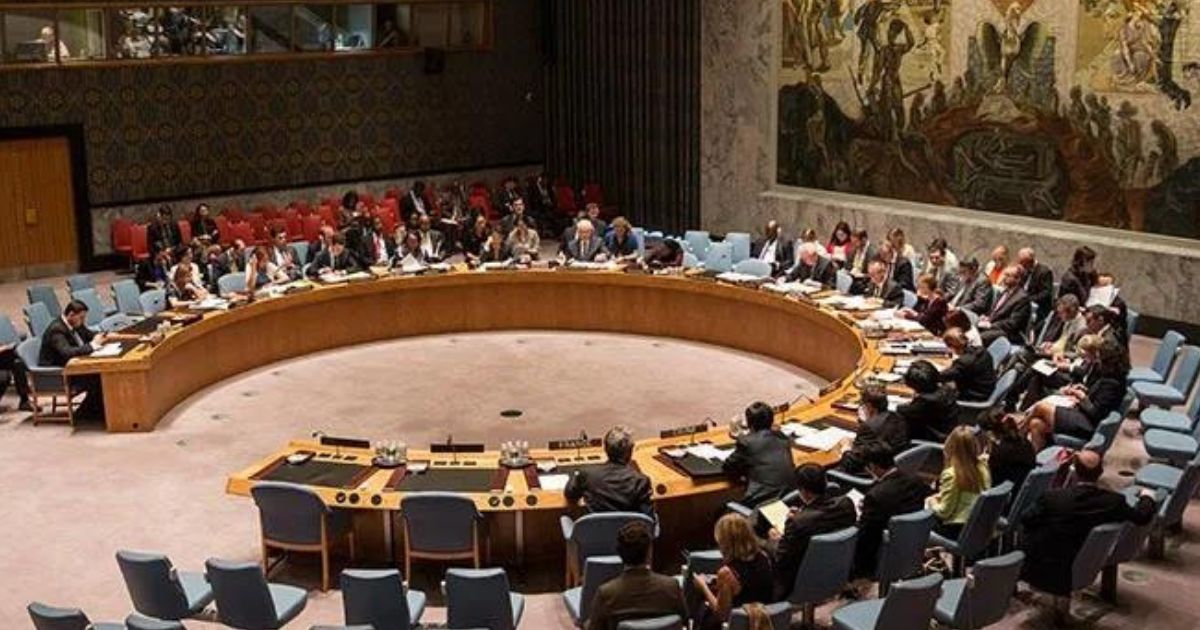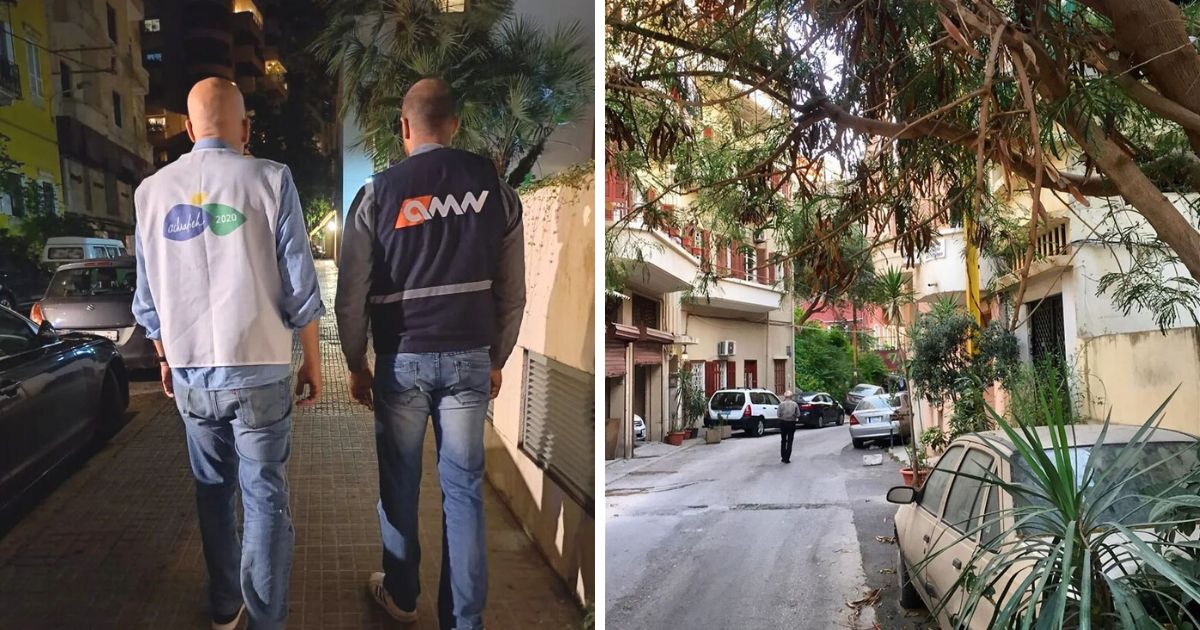In a tweet, Olivier De Schutter, UN Rapporteur on poverty and human rights expressed his disappointment in regards to the recent lifting of subsidies on medicines in Lebanon.
Deeming this recent decision irresponsible as prices have increased by 5 to 6 times, he questioned how people will be able to afford them.
He added that “this increase will lead to even more pressure on the already crippled healthcare system.”
Like many others, De Schutter also agrees that the Health Ministry should reconsider its decision.
There has been a recent development in the way people are expressing their outrage.
It began with social media campaigns against Dr. Firass Abiad and has escalated to people protesting in front of the Health Ministry.

A number of protesters have been chanting against this decision with slogans to express their anger.
“The government promised to put in place safety nets before lifting subsidies, but there is no contingency plan. Even if the announced ration card was enough (it is not), funding sources are not even confirmed yet,” De Schutter commented.
“I expect the government to address this situation with utmost urgency,” he urged.
After pressure from protesters and specialists, Dr. Firass Abiad reached an agreement with the Central Bank of Lebanon (BDL) on providing partial support for chronic medicines according to varying categories and proportions.
The prices of these medicines have become subject to the black market exchange rate, changing whenever there is any adjustment to it.

















